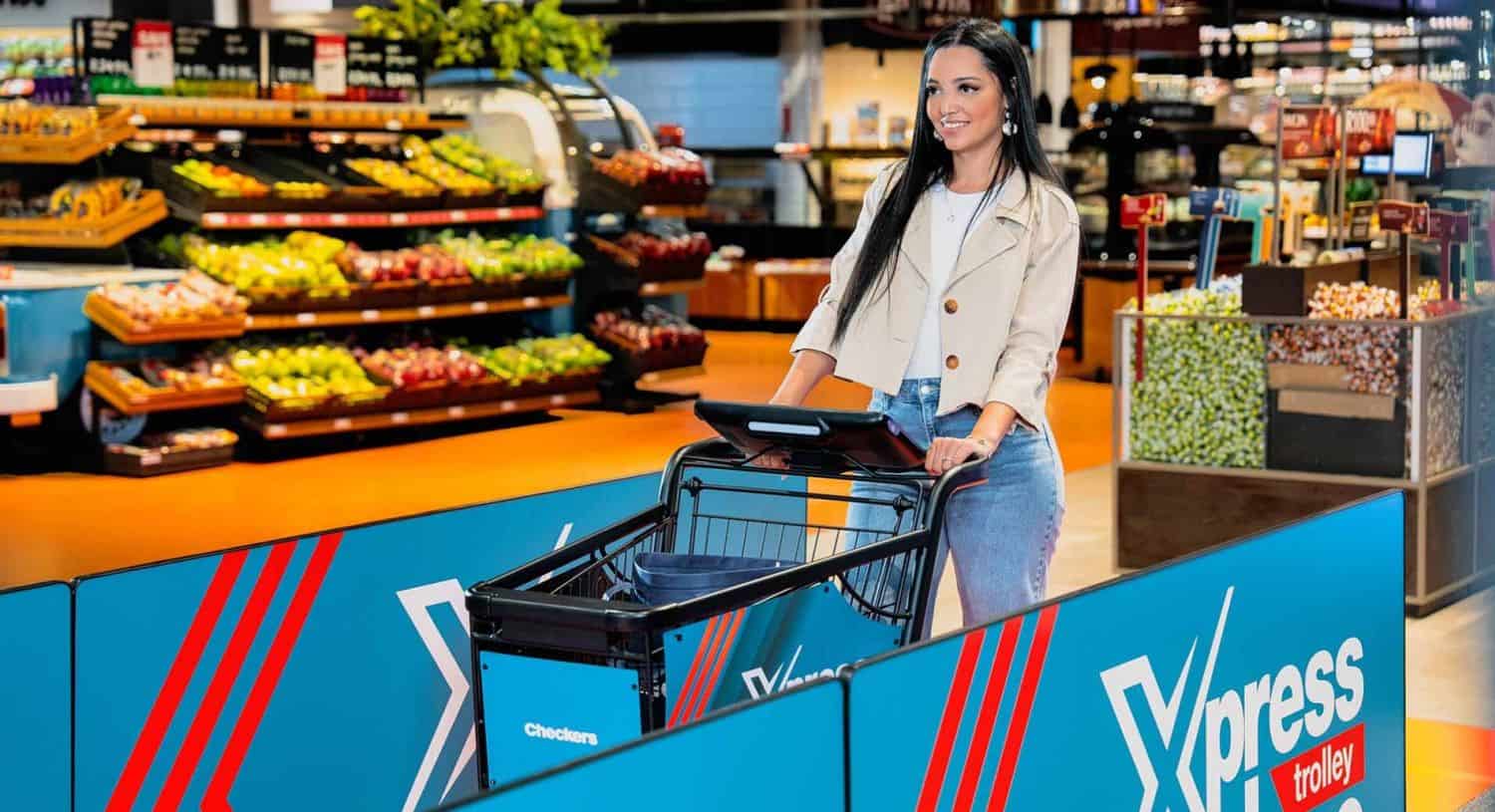'No employees or positions are adversely impacted by this pilot'.

Several fast-food outlets across the world have rolled out self-service machines for customers to put in their orders and pay without being assisted by a person. Shoprite Group, through one of its subsidiaries, Checkers, is piloting a similar technological development, which is the first in South Africa for a retail company.
People have feared that the adoption of technological advancements, such as Artificial Intelligence (AI), will take jobs and worsen the unemployment rate in the country.
While many have said this will not happen, companies such as Mediclinic are among the first giant companies to retrench people and replace them with AI to save at least R2 billion. However, Shoprite said this will not happen to its employees, as the new system is developed “with people in mind”.
ALSO READ: Will AI replace your psychologist?
Checkers pilot project
Checkers is testing the new system, called the Xpress Trolley, at two Checkers supermarkets in the Western Cape, Checkers Hyper Brackenfell and Checkers Constantia.
“The trial is focused on testing customer response and overall viability while exploring how technology can streamline processes, enhance efficiency and improve the customer experience,” said the group.
The Trolley allows customers to scan-and-bag items while doing their shopping, track the total of the items in the trolley, and pay directly on the trolley without needing to go to the cashiers.
Checkers put customers in control
The group said the Xpress Trolley was built by the ShopriteX’s innovation team with the aim of giving customers control over their shopping experience from check-in to check-out.
“A user-friendly screen guides shoppers through their journey, displaying real-time product details, personalised promotions, and a running total that helps them keep tabs on their spending as they go.
“The screen also assists with in-store navigation by indicating where products are located within the store, making it easier for shoppers to find what they want and need without trawling the supermarket.”
How the Xpress Trolley works
- Scan an Xtra Savings card below the screen mounted on the trolley to start shopping.
- Place the shopping bags provided into the trolley.
- Scan each item’s barcode before placing it into the trolley.
- Track a live basket total, view product info and activate personalised promotions.
- Head to the dedicated checkout lane and pay directly from the trolley using the bank card saved on a customer’s Checkers Sixty60 profile.
- Take the printed till slip and exit via the checkout gate — no need to visit a till point — with a concierge on hand for support.
ALSO READ: ‘AI already reshaping traditional job functions,’ says Microsoft SA
No employees to be retrenched
According to the Quarterly Labour Force Survey for the second quarter of 2025, there are 8.4 million unemployed people in the country. Shoprite told The Citizen the Xpress Trolley will not increase these numbers, as no jobs will be lost due to the development.
“No employees or positions are adversely impacted by this pilot. At the Shoprite Group, we deliberately design technology with people in mind – to support and complement their work,” said the Shoprite Group.
“In fact, entirely new roles are created, such as concierge assistants to guide customers, employees to support check-outs and verify age for alcohol purchases, additional security personnel, and centralised tech and data roles.”
Shaping the future
Shoprite added that this is one of their digital innovations that they are experimenting with as part of their strategy, and insights gained from the pilot will help them in shaping the future of retail.
MP9 Asset Management CIO Aheesh Singh told Business Day that Checkers’ system has pros and cons. One of the pros is that Checkers can make use of the data gathered through the Trolleys to see consumer behaviour, preferences, and others.
However, he noted how the system poses a threat to jobs in the retail.
“It also raises a bigger conversation: as more of this kind of technology comes in, supermarkets may need fewer staff at the tills, which could affect jobs over time.”
AI takeover
The fear that companies will choose technology over humans became a reality at Mediclinic, an international private healthcare group, founded in 1983.
Investors were told that the group will freeze ‘nonessential new hires’ and offer severance packages to administrative staff under the hospital.
These positions will be replaced by AI, and the group will save nearly R2 billion in annual savings by 2027.
NOW READ: Can AI worsen SA’s high unemployment rate?






